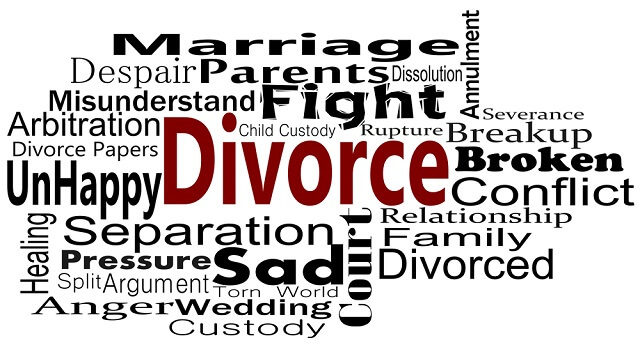After coming to terms with the fact that you’re getting divorced, one of the next big hurdles you’ll face is figuring out how to distribute your assets. Many divorcing spouses leave this decision to the court system, but others are able to work together to divide assets either on their own, or with the help of others. Regardless of which camp you fall into, there are a few things about pensions and divorce you need to know about.
Pensions Must Be Equitably Distributed
New Jersey is an equitable distribution state, which means that all marital assets must be divided equally between the spouses upon divorce, unless an agreement was already made. Pensions, 401Ks, and other retirement assets earned during marriage are considered properties that are subject to the equitable distribution laws.
Pensions can be split in one of two ways:
- The two spouses can postpone distribution until the benefits vest (preferred); or
- The spouse that earned the benefit may keep the benefit and the other spouse gets to keep something else of equal value.
Pensions May Be Divided Using a QDRO
The most common method of dividing pensions during divorce is through a Qualified Domestic Relations Order (QDRO). This is a distinct type of court order that is mandatory for purposes of distributing pensions and other retirement accounts covered by the Employee Retirement Income Security Act of 1974 (ERISA).
Using a QDRO, divorcing couples must calculate the portion of the pension earned between the date of marriage and the date of the divorce complaint. This is what’s known as the “divorce coverture portion.” The QDRO must be implemented in order to facilitate the transfer of the spouse’s share of the pension upon retirement of the plan participant. QDRO’s are not always required or appropriate, as is discussed below.
Pensions Treated Differently Based on Status
The division of a pension asset will be treated differently if the spouse that earned the pension is retired and collecting his or her benefits, as opposed to a pension that is not yet in “pay status.” A pension that is not yet in pay status is fair game under the equitable distribution laws, and can be subject to a QDRO.
On the other hand, a pension that is currently in pay status can be treated as an asset subject to the eInnes v. Innes that pension benefits currently in pay status that were previously distributed according to the equitable distribution laws could not be considered income for purposes of considering or reconsidering a spouse’s spousal support obligations. Any attempt to do so would be considered “double-dipping.”
Contact Us Today
Other retirement benefits, such as 401K’s and IRA accounts are treated differently than pensions during a divorce. It is critical to talk to an experienced New Jersey divorce attorney before agreeing to any distribution of retirement benefits. Protect your rights and your future livelihood by talking to the experts at the Romanowski Law Offices. Contact our offices online or contact us at 732-603-8585 for an expert consultation.

